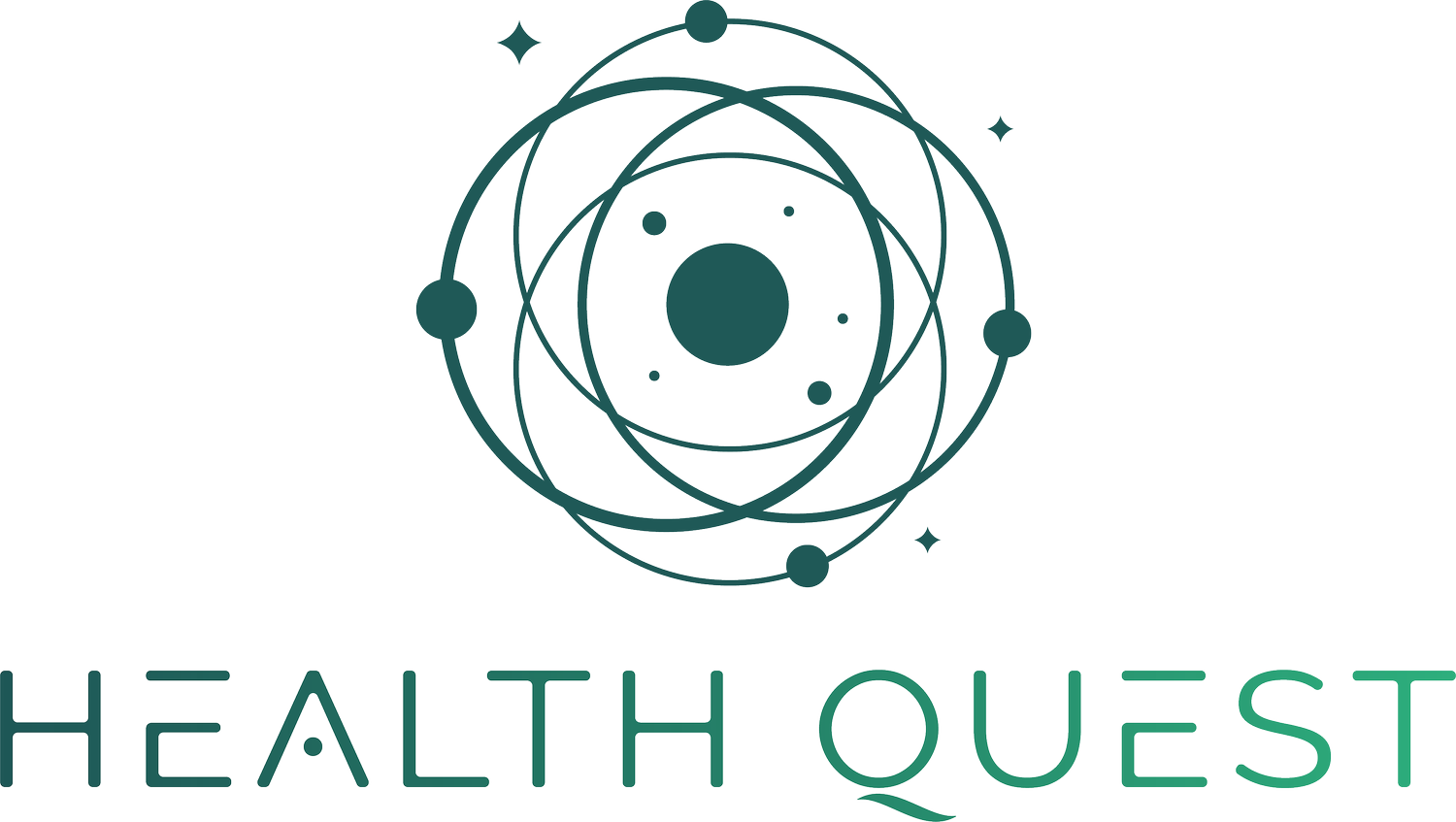Should ADHD Actually Be Called “IDD”?
Frustration from ADHD influencers and ADHD experts is at an all-time high, but could a label change help?
There is much debate on social media (largely TikTok) if the diagnostic term Attention Deficit Hyperactivity Disorder is an ill-fitting one; that perhaps it is not an accurate label for the neurological profile that is ADHD. Ambiguity of ADHD and its label has lead “ADHD influencers” (those with many followers but no formal ADHD education/training) to inject the ADHD-sphere with misinformation, conjecture, and at times harmful alternatives. In fact, one study analyzing the quality of ADHD content on TikTok found it to be largely wrong, misleading, and only 21% useful (Yeung, et al., 2022). As a personal anecdote, a client of mine stopped taking their effective serotonergic medication for ADHD because one influencer (4 million followers) disqualified ADHD, instead calling it “DAVE” and implying that it only involves dopamine. Despite the absurdity and irresponsibility of his proposal, his social media influence held enough power to harm my client, as well as other young and vulnerable individuals on TikTok as noted in the video comments.
ADHD TikTok is a mess, but videos like these also highlight a very real distrust among young social media users towards ADHD experts and terminology, and begs the question: if young TikTokkers don’t even trust the acronym for ADHD, how are they going to trust evidence-based assessment and therapy? So, putting the debate of the acronym of ADHD aside, let’s consider one alternative label that may be of use in the ADHD zeitgeist.
Dr. Russell Barkley (aka Papa ADHD), a clinical psychologist and ADHD researcher, has casually proposed an informal term of "Intention Deficit Disorder" (IDD) as an alternative way of understanding and discussing Attention Deficit Hyperactivity Disorder (ADHD). But why? The reality is, ADHD is not primarily a disorder of attention, but selective attention (i.e., willfully shifting attention). This is why many with ADHD are able to “hyperfocus” on things they non-selectively pay attention to (e.g., things they are interested in), whilst being unable to focus on under-stimulating things they need to pay attention to. The confusion caused by the word “attention” has lead many laymen to question the concept of ADHD as a whole. Dr. Barkley suggests reframing attention as intention, referring directly to the individual's ability to plan, initiate, and persist in goal-directed behavior. In this case, he generally refers to it as Intention Deficit Disorder (IDD).
Barkley's term IDD may be a befitting one. Like ADHD, it is supported by the same research, which has found that individuals with ADHD have difficulties with tasks that require planning, organization, and the ability to initiate and sustain goal-directed behavior (i.e., executive functioning). These difficulties are not limited to attentional tasks, but are also observed in tasks that require inhibitory control and working memory. Additionally, studies have shown that individuals with ADHD have lower levels of activation in the prefrontal cortex, which is a brain region that plays a key role in self-regulation and the ability to form and execute intentions. This suggests that the impairments in goal-directed behavior observed in ADHD may be related to neural dysfunction in the prefrontal cortex. Dr. Barkley goes as far to suggest that difficulties in these areas, a severity of which is often reduced to “I’m a flighty, goofy soul because I have ADHD LOL” on TikTok, often leads to worse prognoses than more traditional severe conditions like bipolar disorder and schizophrenia.
In conclusion, ADHD TikTok is a dumpster fire of misinformation and “inkblot” videos (e.g., I ALSO lose my keys sometimes! I must have ADHD!); however, it is also indicative of a real trust issue that mental health professionals need to take seriously. IDD may be a reasonable alternative to help the general public better understand the nature and function of ADHD; after all, “Attention Deficit Hyperactivity Disorder” is a clinical term primarily meant to be understood by professionals, and has clearly cause some doubt and confusion


